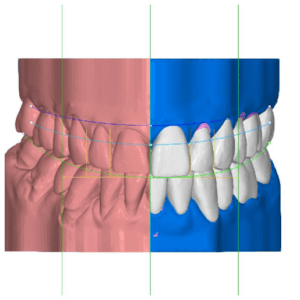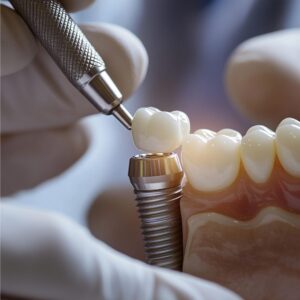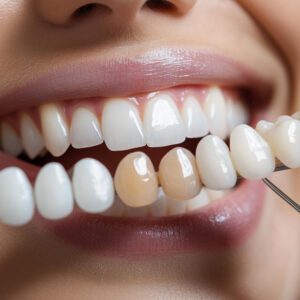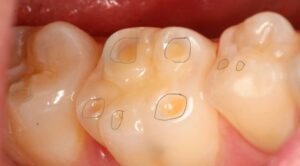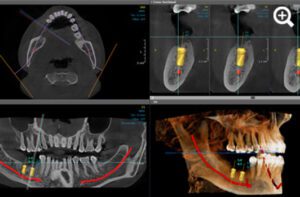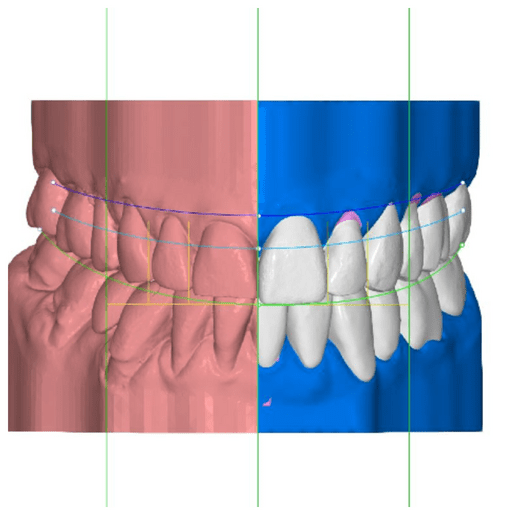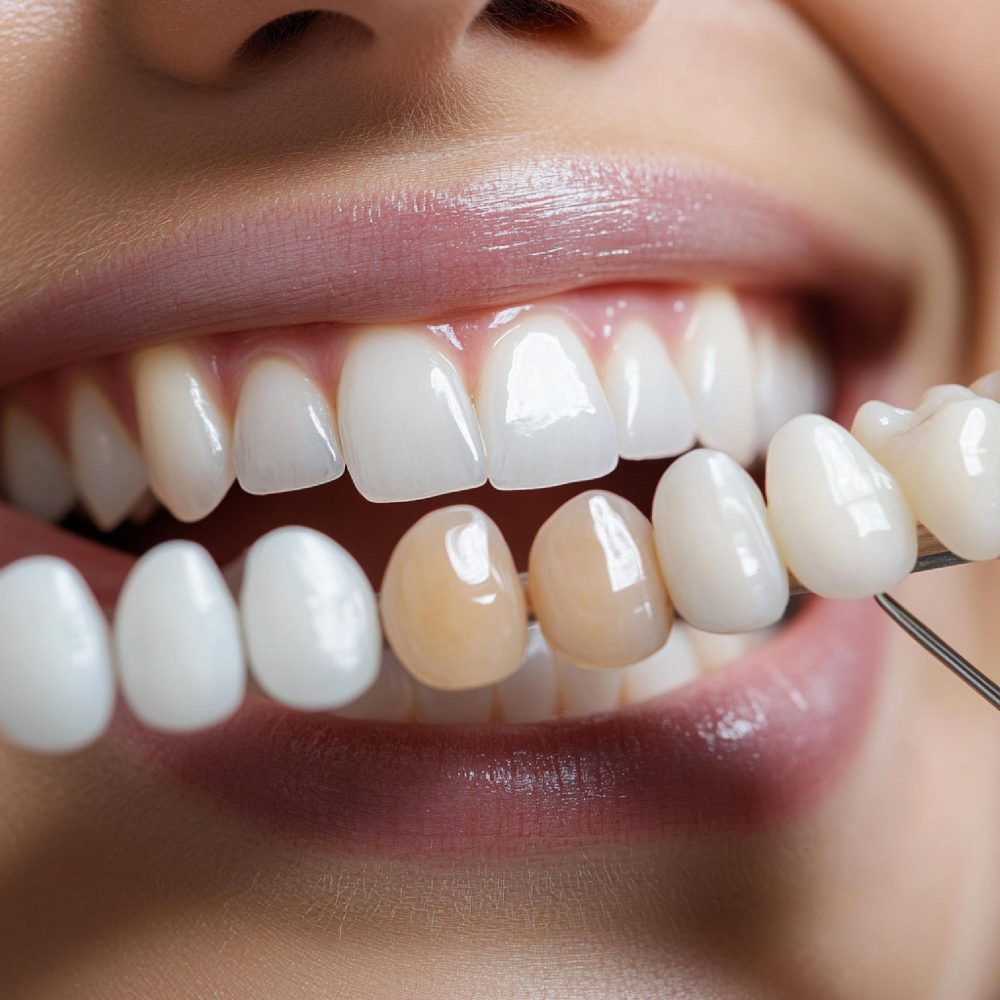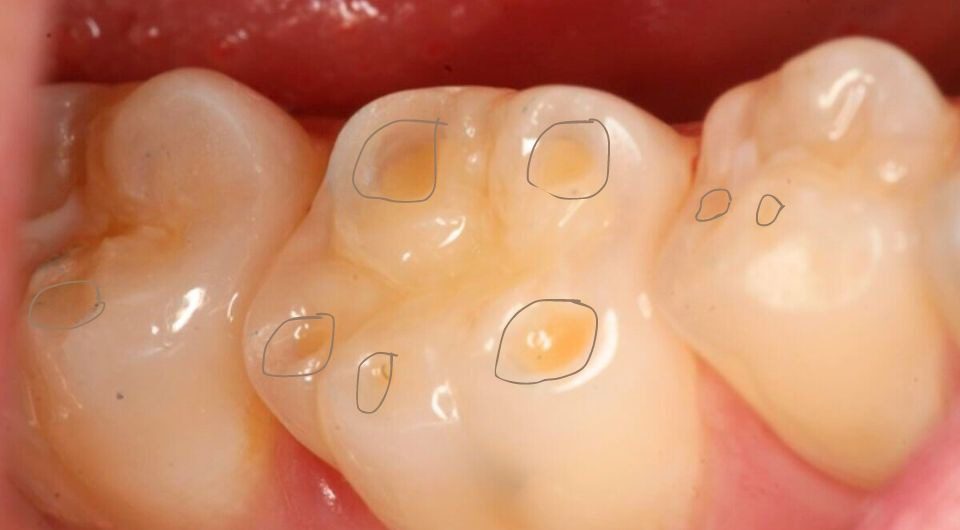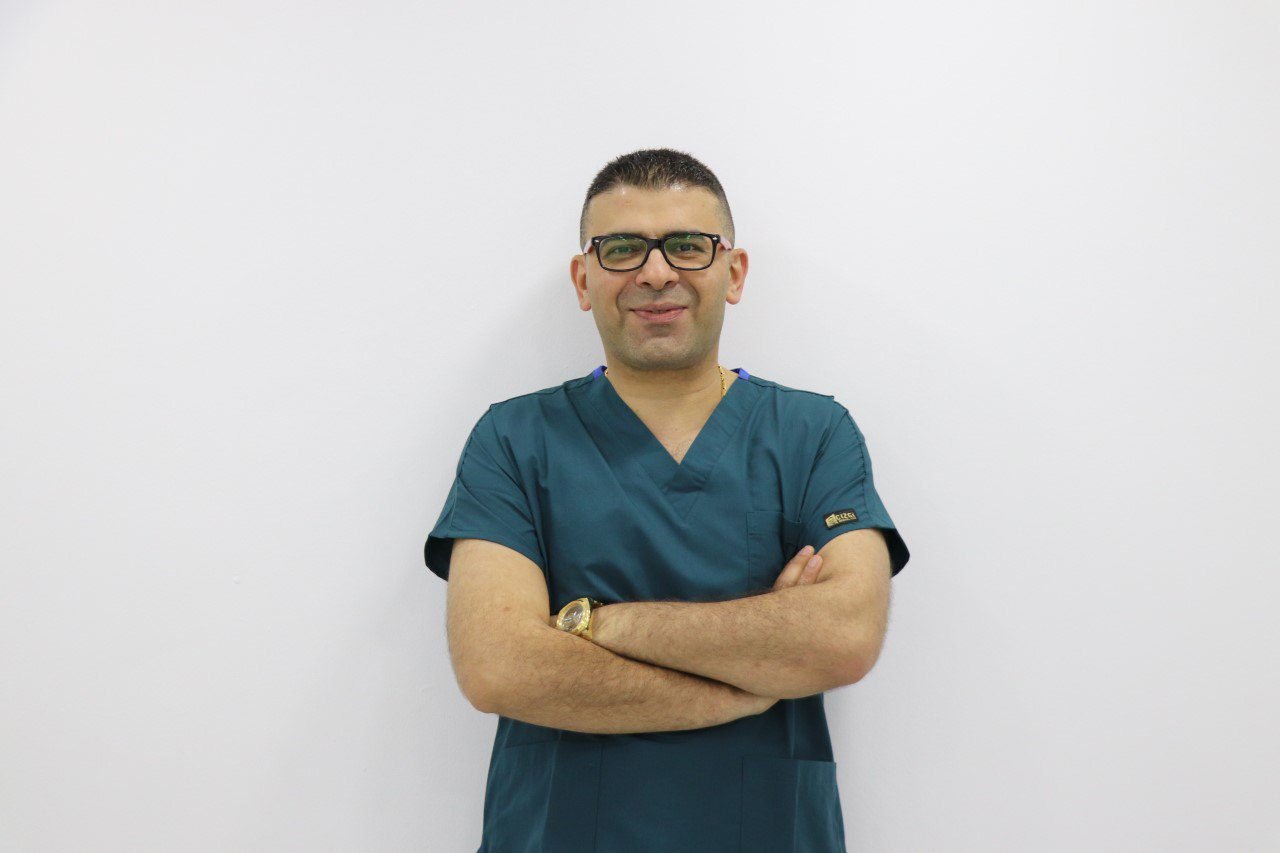Introduction to Oral Hygiene
Maintaining oral hygiene is crucial for overall health, as it affects not only the teeth and gums but also the body as a whole. Proper oral care involves a combination of practices that contribute to a person’s dental and general well-being. The primary components of oral hygiene include regular brushing, flossing, and the potential use of mouthwash. Each of these components plays a vital role in preventing dental issues such as cavities, gum disease, and bad breath.
Brushing is often the first line of defense in oral hygiene. It effectively removes food particles and plaque from the surfaces of the teeth, thereby reducing the risk of tooth decay. Dentists generally recommend brushing at least twice a day with fluoride toothpaste to ensure optimal cleaning and protection against enamel erosion. Flossing complements this practice by reaching areas that toothbrushes might miss, specifically the spaces between teeth where plaque and food debris often accumulate. This daily habit is instrumental in maintaining correct gum health and preventing gingivitis.
While brushing and flossing are foundational practices in oral hygiene, the role of mouthwash in healthcare routines is often debated. Mouthwash can provide additional benefits by offering antimicrobial properties that may help reduce bacterial buildup and contributing to fresher breath. It can serve as an adjunct to brushing and flossing, particularly for individuals who may have difficulty maintaining their dental care practices. However, the necessity of mouthwash can vary from person to person, depending on individual oral health needs and preferences. Understanding these various elements of oral hygiene is essential for anyone looking to enhance their dental care routine and promote lasting oral health.
The Role of Mouthwash in Oral Health
Mouthwash serves as an important adjunct to daily oral hygiene practices, complementing brushing and flossing. Its primary role is to enhance oral cleanliness, significantly contributing to overall oral health. One of the key benefits of mouthwash is its ability to reduce plaque accumulation. Plaque is a sticky film of bacteria that forms on teeth and can lead to cavities and gum disease if not adequately removed. Mouthwashes that contain antibacterial agents, such as chlorhexidine and cetylpyridinium chloride, effectively target these harmful bacteria, helping to diminish plaque build-up and promoting a healthier mouth.
In addition to plaque control, mouthwash plays a crucial role in preventing gum disease. Gum disease, or periodontal disease, can arise as a result of untreated plaque and tartar, leading to inflammation and infection of the gums. An effective mouthwash can reduce gingivitis symptoms, which is the mild form of gum disease, by helping to remove bacteria from hard-to-reach areas between the teeth and along the gum line. Regular use of a therapeutic mouthwash can lead to a reduction in gum inflammation, fostering long-term oral health.
Furthermore, mouthwash is highly regarded for its breath-freshening properties. Many individuals seek the use of mouthwash primarily to combat bad breath, also known as halitosis. Various mouthwash formulations on the market contain mint or other flavoring agents, providing a pleasant taste and odor. However, it’s crucial to choose a mouthwash that not only masks bad breath but also targets the underlying causes, such as bacteria and food particles.
When selecting a mouthwash, consumers can choose between cosmetic and therapeutic types. Cosmetic mouthwashes primarily focus on breath freshening without providing significant health benefits, while therapeutic mouthwashes offer antibacterial properties and additional benefits for oral health. Understanding the differences between these products can help individuals make informed choices about their oral hygiene routine.
When Should You Use Mouthwash?
Mouthwash serves as an adjunct to daily oral care routines, providing various benefits when used appropriately. Understanding when to use mouthwash can enhance its effectiveness and promote better dental health. One common question is whether mouthwash should be used after brushing or flossing. It is generally advisable to rinse with mouthwash after brushing. This approach helps to provide an additional layer of protection against bacteria, facilitates deeper penetration of active ingredients, and freshens breath. However, if you are using a mouthwash that contains fluoride, it’s best to avoid rinsing with water immediately after use, as this could wash away the fluoride benefits.
Mouthwash can also be especially useful after meals. In situations where brushing is not feasible, such as at work or while traveling, rinsing your mouth with mouthwash can help remove food particles and neutralize acids produced by bacteria. This is particularly beneficial after consuming sugary or acidic foods that can contribute to tooth decay. For individuals who are prone to bad breath, a quick swish of mouthwash after meals can serve as a convenient solution, maintaining fresh breath throughout the day.
Additionally, certain circumstances may warrant the use of mouthwash. For instance, if someone is recovering from oral surgery or experiencing specific dental conditions, a dentist may recommend using a specific therapeutic mouthwash to assist in healing or managing discomfort. It is also advisable to use mouthwash immediately before bedtime to help eliminate bacteria and reduce plaque buildup overnight. Overall, integrating mouthwash into your oral care routine judiciously can optimize its benefits, provided the product is chosen wisely based on individual dental needs.
Common Misconceptions About Mouthwash
Despite its prevalence in oral hygiene routines, mouthwash is often shrouded in misconceptions that can lead to misunderstanding its true purpose and efficacy. One of the most common myths is the belief that mouthwash can replace the need for brushing and flossing. This notion is fundamentally incorrect. While mouthwash can aid in reducing bacteria and freshening breath, it does not provide the mechanical cleaning required to remove plaque and food particles effectively. Proper brushing with fluoride toothpaste and flossing are essential practices that must not be overlooked.
Another misconception revolves around the idea that all mouthwashes are equivalent in their benefits. In reality, mouthwashes can serve various purposes and are formulated differently to cater to specific needs. For instance, some mouthwashes are designed to combat gingivitis with antibacterial properties, while others focus on whitening or freshening breath. Consumers must recognize that certain formulations may not offer the same benefits, making it essential to select a mouthwash suited for individual oral health needs.
Furthermore, many tend to believe that using mouthwash excessively provides superior oral health benefits. This is misleading, as overuse can lead to alterations in the oral microbiome, potentially resulting in an imbalance that may encourage the growth of harmful bacteria. It is also important to note that some mouthwashes contain alcohol, which can cause dry mouth—counterproductive for oral health by impairing natural saliva production that protects against cavities and bad breath. Therefore, understanding these misconceptions is crucial for making informed choices regarding oral hygiene. By addressing these myths, individuals can better complement their dental care routine and enhance their overall oral health.
Choosing the Right Mouthwash
Selecting the most suitable mouthwash can significantly influence an individual’s oral health routine. The effectiveness of mouthwash often depends on its ingredients, and understanding these components is crucial in making the right choice. Mouthwashes can be broadly categorized into therapeutic and cosmetic variants. Therapeutic mouthwashes contain active ingredients aimed at preventing or reducing oral health issues, such as plaque, gingivitis, and bad breath. On the other hand, cosmetic mouthwashes primarily serve to mask bad breath without addressing underlying dental problems.
One critical factor to consider when choosing a mouthwash is its fluoride content. Fluoride is known for its ability to strengthen tooth enamel and protect against cavities. Many dental professionals recommend fluoride mouthwash for individuals prone to tooth decay, as this ingredient can enhance protective barriers in the mouth. However, those who are sensitive to fluoride or prefer avoiding it should opt for fluoride-free alternatives, which are also available on the market.
Another consideration revolves around the presence of alcohol in mouthwash formulations. Alcohol-based mouthwashes can provide a more intense freshness, but they may also cause a burning sensation for some users and potentially lead to dry mouth. Non-alcoholic mouthwashes are generally gentler and can be a more suitable choice for individuals with sensitivities, dry mouth conditions, or those undergoing certain medical treatments. Additionally, mouthwashes vary in taste and flavor profiles, which can affect a user’s willingness to incorporate them into their daily routine. Preferences for mint, citrus, or herbal flavors can significantly influence the overall experience, and choosing a palatable option is essential for consistent use.
In essence, selecting the right mouthwash involves considering individual needs, preferences, and oral health goals. Taking the time to assess these factors can contribute to a more effective and enjoyable dental hygiene routine.
The Importance of Professional Dental Care
Professional dental care plays a pivotal role in maintaining optimal oral health, going beyond the benefits provided by daily oral hygiene practices such as using mouthwash. Mouthwash can certainly contribute to fresh breath and provide some level of antibacterial action, but it should not be considered a substitute for regular visits to a dental clinic. Comprehensive dental care must involve professional assessment and treatment to address issues that might go unnoticed during self-care routines.
Regular dental check-ups are essential for the early detection of oral diseases, including cavities, gum disease, and even symptoms of systemic health issues. A dental professional is equipped with the expertise and tools necessary to identify problems at their inception, which can significantly reduce the risk of severe health complications later on. Additionally, the thorough cleaning performed by dental hygienists goes beyond what an individual can achieve at home. Professional cleaning removes tartar and plaque that have formed over time, ensuring that the mouth remains healthy and minimizes the likelihood of developing conditions that mouthwash alone cannot prevent.
Furthermore, personalized oral health advice from a dentist can help individuals understand their specific needs and how they can effectively complement their dental hygiene routine with products such as mouthwash. This guidance enhances overall oral health strategies, leading to better long-term outcomes. By prioritizing regular visits to a reliable dental clinic, patients take an important step toward safeguarding their smile and overall well-being. Such professional attention is a cornerstone of preventive care that harmonizes with the use of mouthwash, underscoring its importance in a holistic approach to dental health.
Why Choose Dr. Abdurrahman Ozturk’s Clinic in Istanbul?
When it comes to dental care, selecting the right clinic is crucial for ensuring optimal treatment outcomes. Dr. Abdurrahman Ozturk’s clinic stands out as a premier destination in Istanbul, offering a combination of advanced dental techniques and personalized care that caters to the varied needs of patients. With a commitment to excellence, the clinic prides itself on its team’s extensive expertise and years of experience in the field of dentistry.
The clinic utilizes cutting-edge technology and state-of-the-art equipment, ensuring that procedures are not only effective but also comfortable for patients. From digital imaging to laser dentistry, each aspect of the clinic’s operations is designed to enhance patient care and improve results. This modern approach allows for more accurate diagnostics and tailored treatment plans, setting Dr. Ozturk’s clinic apart from many other dental establishments in Istanbul.
Patient testimonials speak volumes about the quality of care provided at Dr. Abdurrahman Ozturk’s clinic. Many satisfied clients have shared their positive experiences, highlighting the compassionate staff, the thoroughness of consultations, and the reassuring atmosphere. Such testimonials serve as a testament to the clinic’s dedication to patient satisfaction and rigorous attention to detail, fostering a high level of trust and rapport between the dental team and those they serve.
Furthermore, the clinic offers a comprehensive range of services, from routine check-ups and preventative care to more specialized treatments such as orthodontics and cosmetic dentistry. This wide array of services ensures that patients receive holistic care under one roof, making it a convenient option for families and individuals alike.
In essence, Dr. Abdurrahman Ozturk’s clinic deserves consideration for anyone seeking exceptional dental care in Istanbul, backed by modern technology, a skilled team, and a commitment to patient-centric service.
Patient Experiences and Testimonials
Patient satisfaction is a crucial aspect of healthcare, particularly in dentistry, where trust and comfort can significantly impact treatment outcomes. At Dr. Abdurrahman Ozturk’s dental clinic in Istanbul, a myriad of testimonials from patients highlights the quality of care and the welcoming atmosphere they experienced during their visits. Many patients have expressed gratitude for the attentiveness of the staff, emphasizing their willingness to address concerns and answer questions thoroughly.
One patient shared that their anxiety about dental procedures was alleviated through the compassionate approach of Dr. Ozturk and his team. This individual’s narrative underscores the importance of a supportive environment in overcoming fears associated with dental care. They reported that the staff took the time to explain each step of the procedure, creating a sense of reassurance that greatly contributed to their overall positive experience.
Another testimonial emphasized the exceptional professionalism and expertise demonstrated by Dr. Ozturk. A patient who underwent a restorative dental procedure noted that the results exceeded their expectations. The individual described Dr. Ozturk as attentive to detail, ensuring that not only the functionality of their teeth was restored, but also the aesthetics, transforming their smile. This patient’s account illustrates the combination of skill and artistry that Dr. Ozturk brings to his practice.
Additionally, several patients remarked on the state-of-the-art facilities within the clinic, highlighting how modern equipment and advanced technology enhance the quality of care. The atmosphere at the clinic was frequently described as warm and inviting, which is essential in making dental visits a less daunting experience for individuals of all ages.
In conclusion, the myriad of positive patient experiences and testimonials from Dr. Abdurrahman Ozturk’s dental clinic not only showcases the high standard of care provided but also reinforces the importance of choosing a dental clinic that prioritizes patient comfort and satisfaction.
Conclusion: Finding the Balance Between Mouthwash and Dental Visits
As we have explored, mouthwash can play a vital role in maintaining oral health when used effectively as part of a comprehensive dental care routine. While it can help target specific issues such as bad breath and plaque buildup, it should not be seen as a substitute for traditional oral hygiene practices such as brushing and flossing. Mouthwash serves as an adjunct to these practices, providing additional benefits while ensuring that your mouth remains fresh and free of harmful bacteria.
Moreover, regular visits to a professional dental clinic, like Dr. Ozturk’s in Istanbul, are essential for sustaining long-term oral health. Dental check-ups allow for early identification of potential issues such as cavities, gum disease, or any abnormalities that might not be visible to the untrained eye. These regular visits ensure that preventive measures can be taken and adjustments made to one’s oral hygiene practices as needed. The collaboration between the use of mouthwash and professional dental care creates a proactive approach to oral health.
To maintain optimal oral hygiene, individuals should prioritize both daily routines and periodic professional assessments. For effective use of mouthwash, select an alcohol-free formula that suits your needs—whether you are seeking antibacterial properties or a solution for dry mouth. Consider consulting with your dentist about which type would be most effective for you. Additionally, schedule regular dental visits, ideally every six months, to catch any issues early and to receive personalized advice tailored to your oral health needs.
By finding this balance between proper home care and professional guidance, individuals can achieve a healthier mouth and a brighter smile. Remember, the path to excellent dental health is a journey best taken with the right tools and resources at your disposal.


